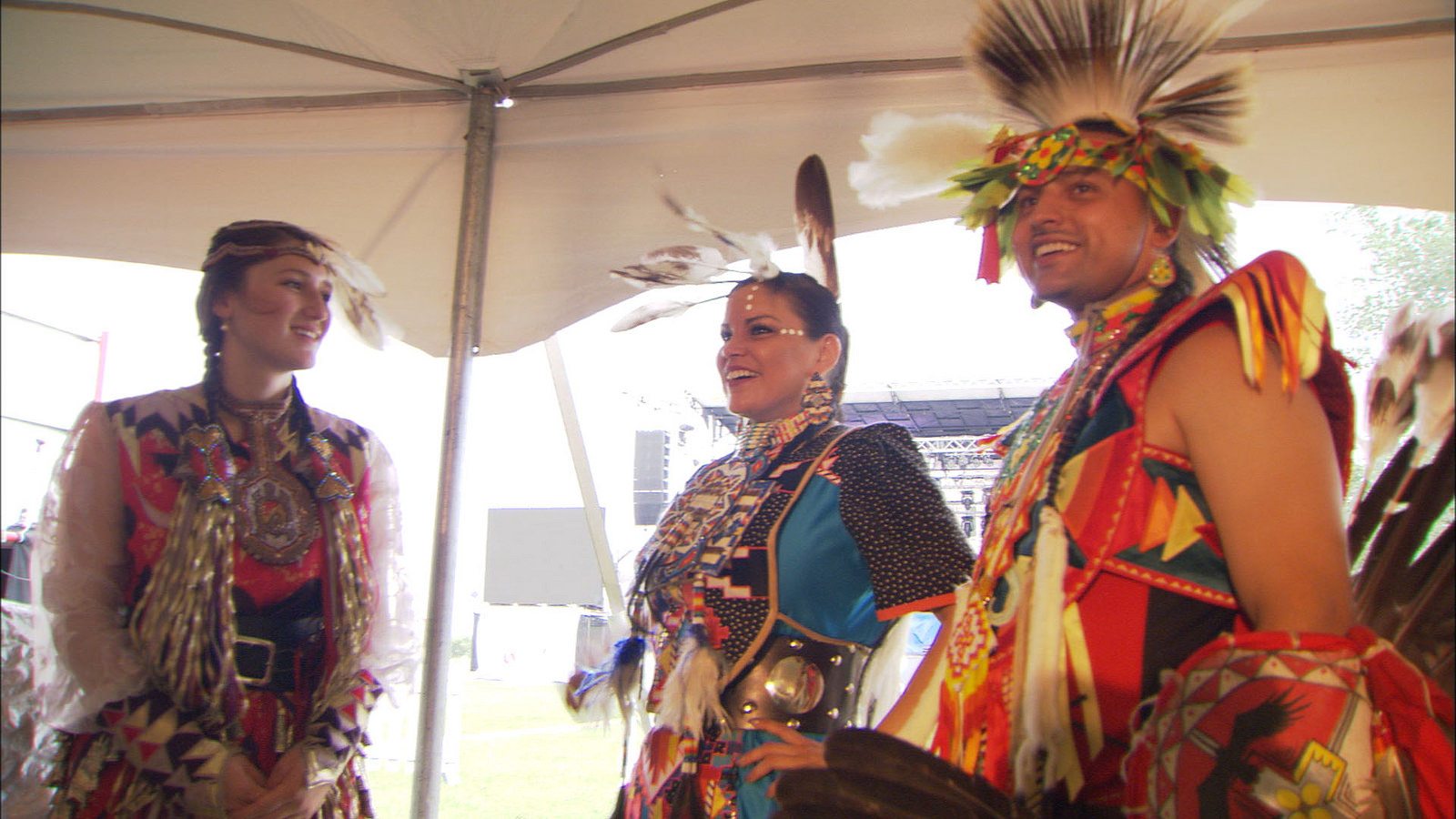Premier John Horgan said that it’s a crucial step towards true and lasting reconciliation.
Today (Oct. 24), the Province introduced legislation to recognize and uphold the human rights of Indigenous peoples in B.C.
“With this new law, Indigenous peoples will be part of the decisions that affect them, their families and their territories,” said Horgan. “Together with Indigenous peoples, we’re going to build a better future with good jobs and opportunities for people, strong environmental protections and healthy communities that include everyone.”
If passed, the Declaration on the Rights of Indigenous Peoples Act will make British Columbia the first province to bring the internationally recognized standards of the United Nations Declaration on the Rights of Indigenous Peoples (UN Declaration) into provincial law.
Nechako Lakes MLA John Rustad believes this legislation continues work the previous government had started.
“When we were in government, we moved forward relationships in British Columbia at a faster pace than any other jurisdiction in Canada,” Rustad told MyPGNow. “In many ways, we’re leaders in terms of revenue sharing, entering agreements, and having that sort of recognition and that shared opportunities, there was a tremendous amount of work that was done. It would make sense that British Columbia would continue to lead in doing this kind of work. This is an enabling piece of legislation; there are a lot of details unknown, we’ll need to work through those things but my hope is that it will be able to help to foster that opportunity for everyone in this province.”
Developed in collaboration with the First Nations Leadership Council at the direction of First Nations, this legislation creates a framework for reconciliation in B.C., in keeping with the Calls to Action of the Truth and Reconciliation Commission.
“First Nations across B.C., Canada and the world are watching the introduction of this historic legislation. We are showing how the maturity and wisdom of our current leadership in this province, both Indigenous and non-Indigenous, can be a beacon for hope during these uncertain times,” said Regional Chief Terry Teegee, BC Assembly of First Nations. “I applaud Premier Horgan and his cabinet for their bravery and perseverance in moving this forward. Implementing the UN Declaration is a non-partisan move, and we have been waiting 12 long years for this.”
“The provincial government has a long history of denying the very existence and rights of Indigenous peoples,” said Cheryl Casimer, First Nations Summit political executive. “We are pleased that this changes today, and the Province of British Columbia is working with us in turning the page in our collective history and embarking on a new era and path for building a respectful and modern government-to-government relationship – a relationship built on recognition, respect, co-operation and partnership with a goal to improve the lives of our citizens and bring reconciliation to the forefront of society.”
Over time as laws are modified or built, they will be aligned with the UN Declaration. Additional elements of the bill include:
- a requirement to develop an action plan to meet the objectives of the UN Declaration, in collaboration with Indigenous peoples.
- annual public reporting to monitor progress.
- discretion for new decision-making agreements between the Province and Indigenous governments where decisions directly affect Indigenous peoples and mechanisms exist in applicable legislation – with clear processes, administrative fairness and transparency.
- recognition for additional forms of Indigenous governments in agreement-making, such as multiple Nations working together as a collective, or hereditary governments – as determined and recognized by the citizens of the Nation.
To support self-determination and self-government, the act will enable the Province to recognize other forms of Indigenous governments in addition to federal Indian Act bands, treaty Nations and incorporated bodies and societies. This also provides more clarity for businesses and communities about who to engage when working with Indigenous partners.



